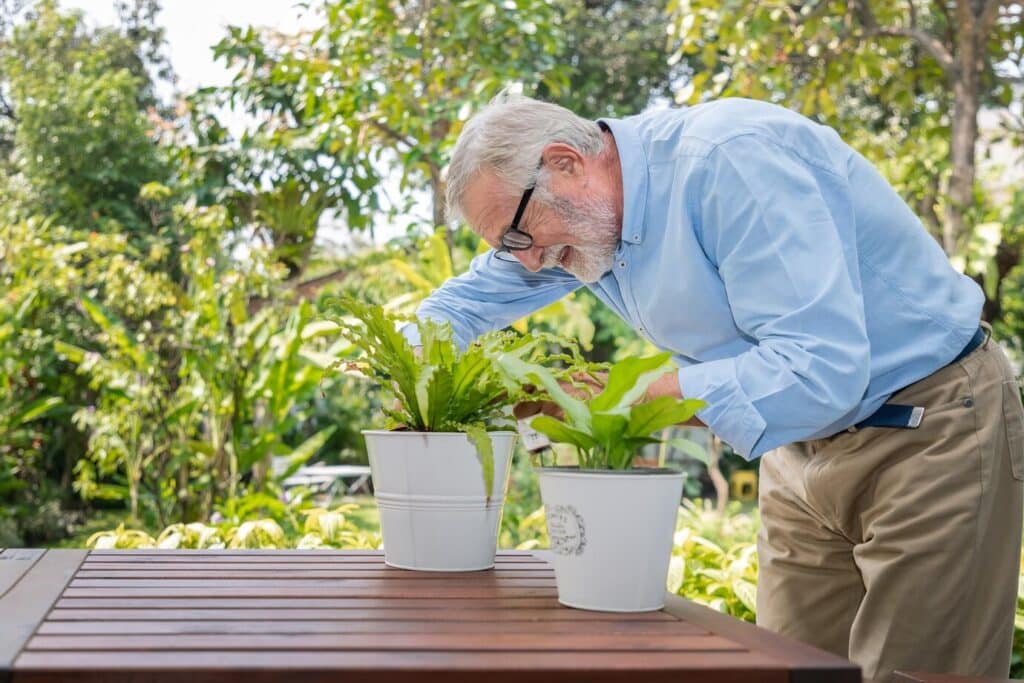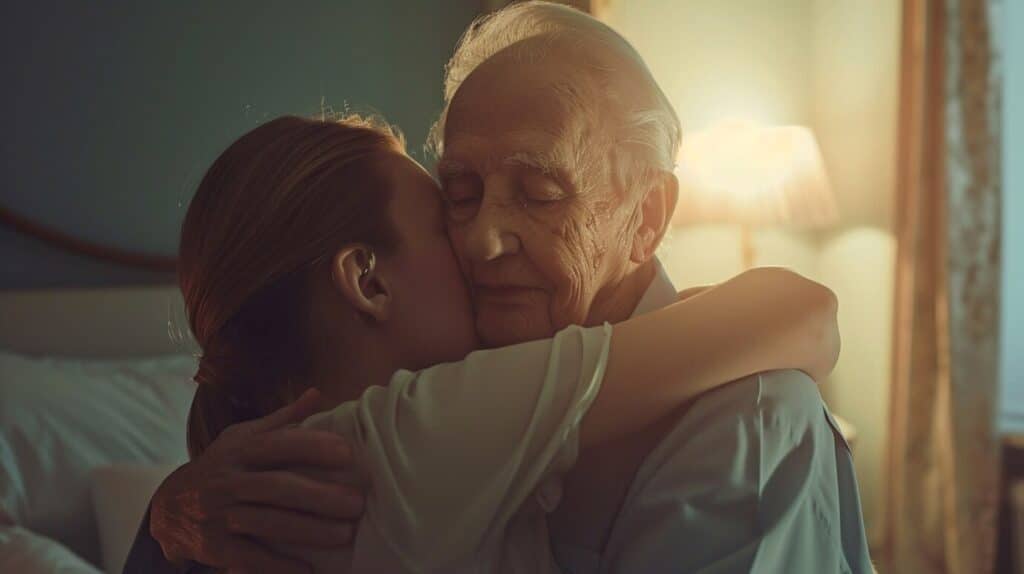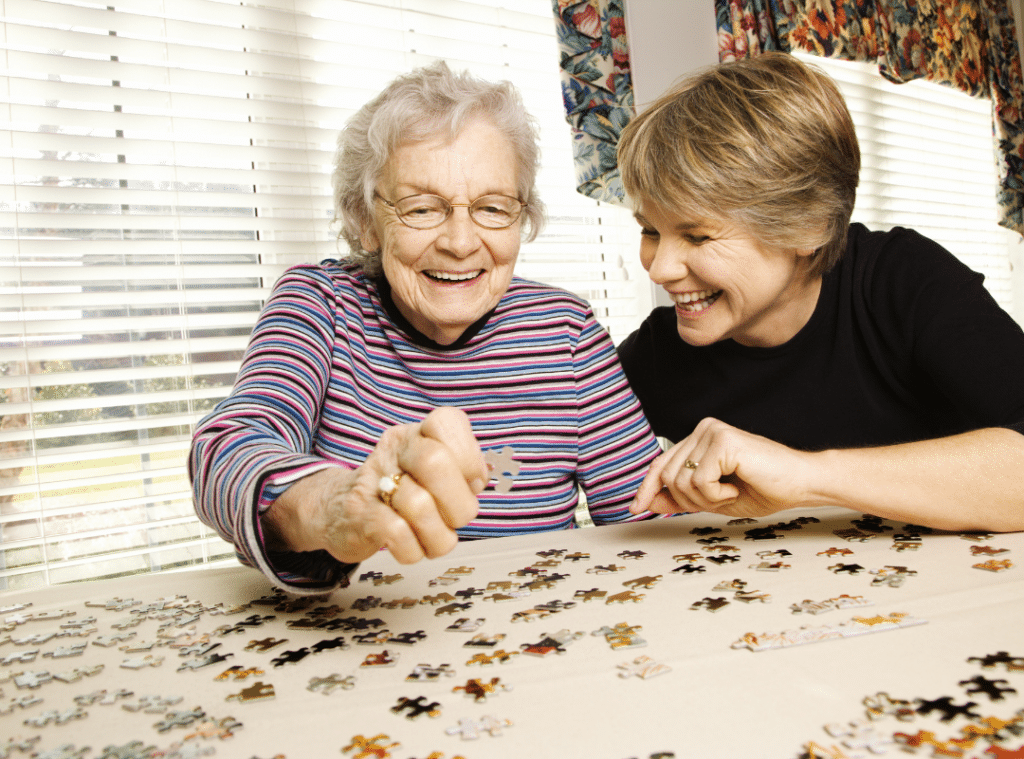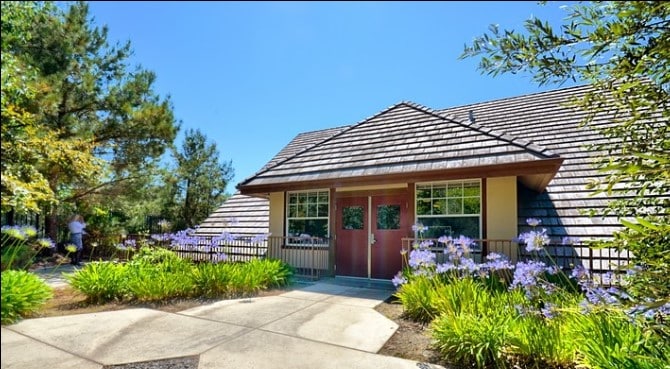How to Enhance Social Wellness in Senior Living
Social wellness plays a vital role in maintaining a high quality of life, especially in senior living communities. At Westmont of Pinole, residents find countless opportunities to grow, connect, and thrive socially in a supportive and enriching environment.
Building and sustaining relationships boosts emotional health, cognitive functioning, and even longevity. If you’re wondering why social wellness is important, the answer lies in its power to reduce loneliness, promote mental clarity, and enhance life satisfaction. In this guide, you’ll discover how to cultivate meaningful connections and stay engaged every day.
Building Connections and Overcoming Barriers
Adjusting to a new senior living environment can be overwhelming, but focusing on how to improve social health helps ease the transition. Start with small actions—greet your neighbors, attend a coffee meet-up, or join a group walk. These steps not only ease anxiety but strengthen your sense of belonging.
Many new residents wonder which factors are aspects of social health, and the answer is consistent communication, emotional support, and participation in group activities. Breaking down internal barriers like shyness or fear of rejection opens the door to genuine friendships. Engaging with others significantly enhances social wellness, which, in turn, uplifts your mental and emotional well-being. For additional inspiration, check out the benefits of independent living communities for seniors.
Identifying Common Interests and Joining Community Activities
Shared interests are the gateway to meaningful relationships. Whether it’s a book club or gardening group, finding others who enjoy the same hobbies is one of the best ways to improve social health. Participating in activities tailored to your interests makes it easier to bond with others and keep loneliness at bay.
Social interactions also contribute to mental stimulation and emotional resilience. According to research from the National Institute on Aging, engaging in hobbies and group events can significantly boost mood and reduce the risk of cognitive decline.
Shared Interests Spark Friendships
Hobbies such as arts and crafts, cooking, or music aren’t just pastimes—they’re tools for connection. These shared passions are examples of social health in action, showing how emotional well-being and personal relationships are intertwined. When you share your hobbies, you’re also sharing your personality, making it easier for others to relate.
Consider joining a local creative writing group or volunteering to organize an event. Each activity becomes a channel for self-expression and relationship-building. Engaging in indoor games for adults can also provide fun, conversation, and a mental boost.
Group Activities Foster Connections
Group participation is one of the most effective ways to improve social health. Activities like group fitness classes, trivia nights, and community outings encourage teamwork and communication.
Here are three strategies that enhance social wellness:
- Join creative workshops like painting or floral design.
- Attend music nights or talent shows where residents can showcase their skills.
- Volunteer for leadership roles in resident committees or event planning.
These settings foster a sense of purpose and mutual support, important factors of social health that contribute to long-term happiness.
Engaging Hobbies Enhance Interaction
Exploring hobbies that spark joy also builds relationships. Painting, gardening, or reading may seem solitary, but they often lead to spontaneous conversations and new friendships. Shared activities represent powerful examples of social health, illustrating how community connections naturally grow from shared experiences.
Interactive workshops, book clubs, and group projects offer opportunities for engaging in deeper dialogue. Participating in social activities transforms hobbies into fulfilling social experiences.
Staying Active and Engaged
Maintaining an active lifestyle supports both physical and social wellness. At Westmont of Pinole, residents are encouraged to stay moving and engaged. Attending group workouts, cooking classes, or music therapy sessions provides healthy outlets for connection.
Here are three engaging options:
- Arts and crafts clubs to channel creativity
- Walking groups to enjoy nature and chat
- Cultural movie nights to inspire conversation
These activities exemplify how to improve social health through consistent participation and shared goals.
Volunteering Opportunities
Volunteering is a meaningful way to connect with your community. It enhances your sense of purpose, encourages collaboration, and strengthens emotional bonds—key indicators of why social wellness is important.
Residents can organize donation drives, assist with reading programs, or help plan events. These volunteer opportunities not only benefit the community but also offer genuine examples of social health in practice. They build self-esteem and deepen relationships while giving back.

Embracing Community Events
Senior living communities are full of life and celebration. From holiday parties to educational sessions, every event offers a platform to interact and build friendships. Attending community gatherings is a great way to improve social health—it exposes you to diverse people, new experiences, and opportunities to connect.
Themed Parties and Celebrations
Themed events are fun, low-pressure ways to spark conversation. They create a sense of unity and allow residents to celebrate shared traditions or discover new ones together.
Popular celebrations include:
- Holiday parties with music and food
- Cultural nights with themed decorations
- Trivia competitions and friendly games
These events demonstrate why social wellness is important—they create joy, belonging, and unforgettable memories.
Educational Seminars and Workshops
Educational sessions offer a chance to learn while bonding with fellow residents. Whether you’re exploring new tech skills or wellness strategies, these sessions encourage collaborative learning, a strong factor in social health.
Some popular seminar topics:
- Digital literacy for seniors
- Nutrition and brain health
- Creative writing and journaling
Engaging in lifelong learning helps you feel accomplished while supporting social connection.
Outdoor Social Activities
Fresh air and friendly conversation go hand in hand. Outdoor events, such as garden walks, BBQs, or bocce ball tournaments, naturally bring people together.
Try these outdoor ideas:
- Picnics in the courtyard
- Nature photography clubs
- Seasonal gardening projects
Each outing adds vitality to your day and enhances your social wellness by encouraging positive interaction in relaxed environments.
Practicing Self-Care and Managing Fears and Anxieties
Sometimes social interaction can feel intimidating, especially after major life changes. Prioritizing self-care can help ease anxiety and build confidence.
Here are simple steps:
- Practice mindfulness to stay grounded.
- Eat balanced meals to support mental clarity.
- Set small social goals, like greeting someone new each day.
These habits are practical ways to improve social health and remind you that personal wellness is deeply connected to your relationships.

Coping With Challenges and Final Thoughts
Challenges like hearing loss, mobility limitations, or social anxiety can make connections difficult. But with a supportive community, these barriers become manageable.
Consider:
- Using assistive devices to stay involved
- Reaching out to activity coordinators for one-on-one support
- Starting with low-stress activities like small discussion groups
With consistency, each connection strengthens your social confidence and deepens your experience of social wellness.
Build Friendships, Enrich Your Life
Your journey to better social wellness starts with a single step. Whether you’re attending an art class, joining a gardening club, or sharing lunch with a neighbor, you’re investing in your happiness and vitality. Social interaction isn’t just enjoyable—it’s essential. It shows us why social wellness is important, how to be our best selves, and how to build a life rich in connection.
Explore Westmont of Pinole’s welcoming environment and discover firsthand the benefits of an active, social lifestyle. To learn more or schedule a visit, please call 510-758-1122 or visit Schedule a Tour.
Frequently Asked Questions
What is the meaning of social wellness?
Social wellness refers to the ability to build and maintain healthy relationships with others. It involves effective communication, mutual respect, and active participation in social activities. A strong sense of social wellness contributes to emotional balance and overall mental health. It’s about feeling connected and supported in your community or social circle.
What is social well-being?
Social well-being is a broader concept that includes the quality of relationships and a sense of belonging within a community. It focuses on how individuals interact with others and how those connections affect their quality of life. A person with strong social well-being typically experiences less stress and greater satisfaction in life. It also supports mental and physical health.
How do I improve my social wellness?
To improve social wellness, try engaging in community events, joining clubs, or reconnecting with friends and family. Practicing active listening and showing empathy in conversations can also strengthen relationships. Volunteering or offering support to others is another great way to build meaningful connections. The key is consistent, positive social interaction.
What is an example of a social wellness goal?
An example of a social wellness goal might be committing to call or meet a friend or family member once a week. Another could be joining a local hobby group to meet new people and expand your social network. These goals help create a routine for social interaction. Setting simple, achievable goals encourages lasting connections and personal growth.
























